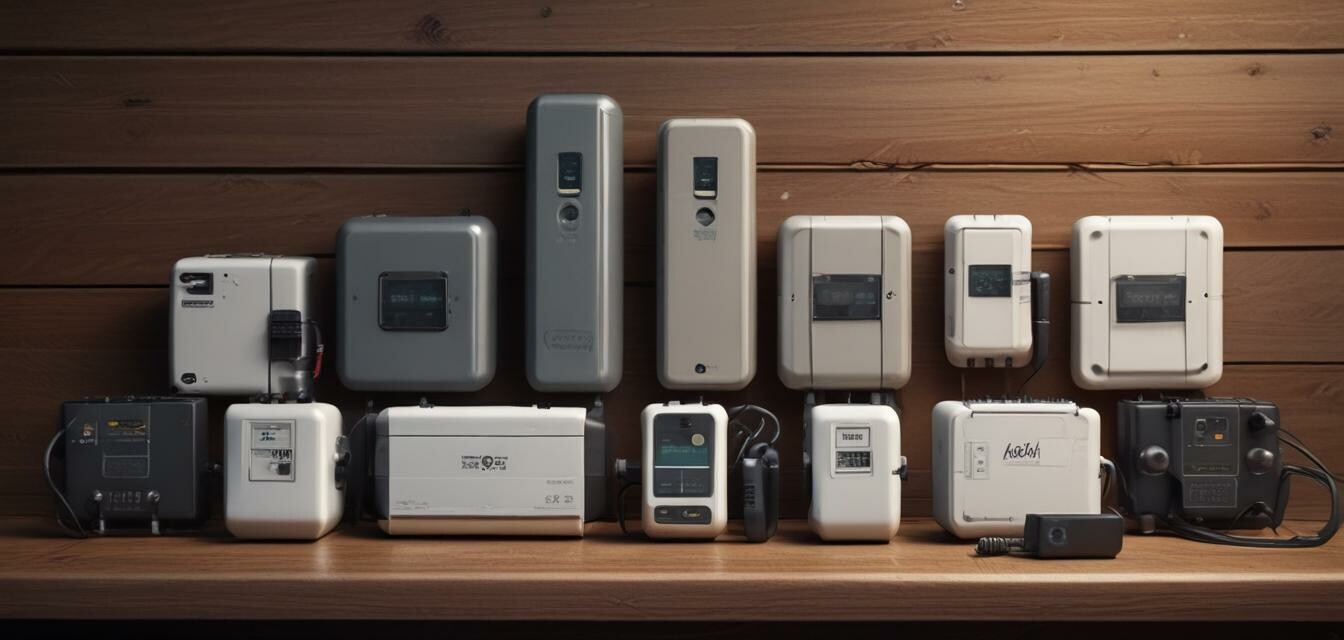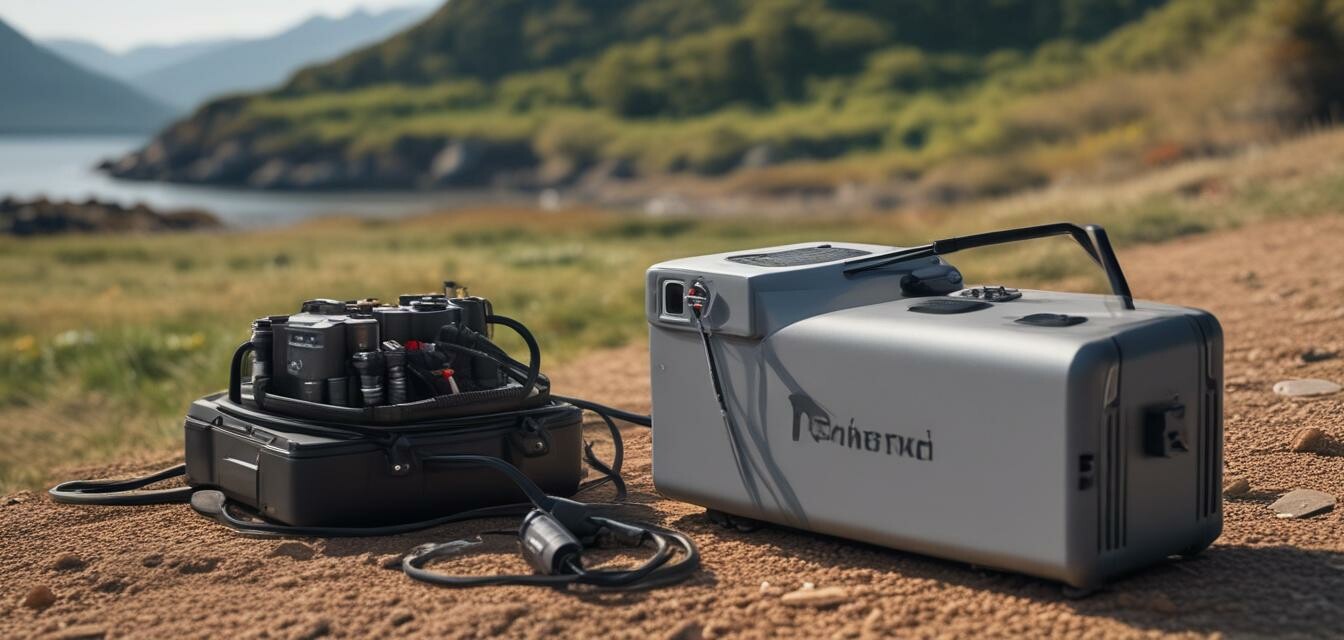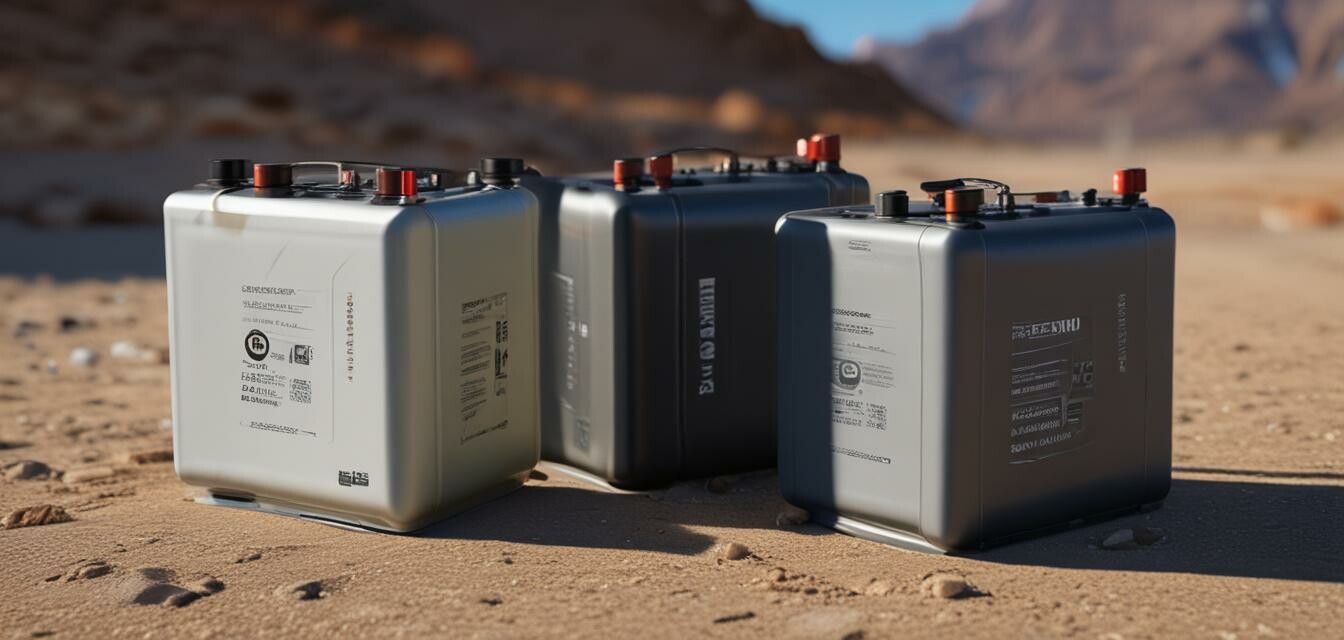
Battery technology in power stations
Key Takeaways
- Battery technologies significantly affect the performance and applications of portable power stations.
- Lithium-ion batteries offer high energy density and are widely used in various devices.
- Lithium iron phosphate (LiFePO₄) batteries provide enhanced safety and longevity.
- Each battery type has its pros and cons, influencing user choice depending on their needs.
Battery technology is a critical component in the efficiency and usability of portable power stations. Understanding the different battery types available can guide you in making the right choice for your needs. This article will explore the two primary battery technologies used in portable power stations: lithium-ion and lithium iron phosphate.
Understanding portable power station battery technology
Portable power stations rely on rechargeable batteries to generate and store electricity. The choice of battery can greatly influence the portability, capacity, safety, and charging options of these essential devices. Below, we will examine two of the most commonly used battery technologies: lithium-ion and lithium iron phosphate (LiFePO₄).
Lithium-ion batteries
Lithium-ion batteries are commonly known for their high energy capacity and efficiency. They are widely used in many electronic devices such as smartphones, laptops, and power tools, as well as in portable power stations.
| Feature | Description |
|---|---|
| Energy Density | High energy capacity allowing for smaller and lighter designs. |
| Charging Cycles | Typically lasts for 500 to 1,500 charge cycles. |
| Self-Discharge Rate | Low self-discharge, retaining charge for extended periods. |
| Cost | Generally more affordable compared to LiFePO₄ batteries. |
Pros
- High energy density allows longer usage times.
- Lightweight and compact for portability.
- Widely available and economically viable.
Cons
- Lower thermal stability compared to LiFePO₄.
- May pose safety risks if not properly managed.

Lithium iron phosphate (LiFePO₄) batteries
Lithium iron phosphate batteries are gaining popularity in portable power stations due to their safety features and longer life spans. They are ideal for users looking for reliable and safe options.
| Feature | Description |
|---|---|
| Safety | Higher thermal stability, reducing the risk of combustion. |
| Charging Cycles | Lasts for up to 2,000 charge cycles or more. |
| Cost | Tends to be more expensive than lithium-ion batteries. |
| Weight | Heavier than lithium-ion batteries, increasing overall system weight. |
Pros
- Excellent safety features and low risk of thermal runaway.
- Longer life cycle reduces the need for frequent replacements.
- Consistent performance over a wide range of temperatures.
Cons
- Higher initial investment costs.
- Bulkier and heavier than lithium-ion alternatives.
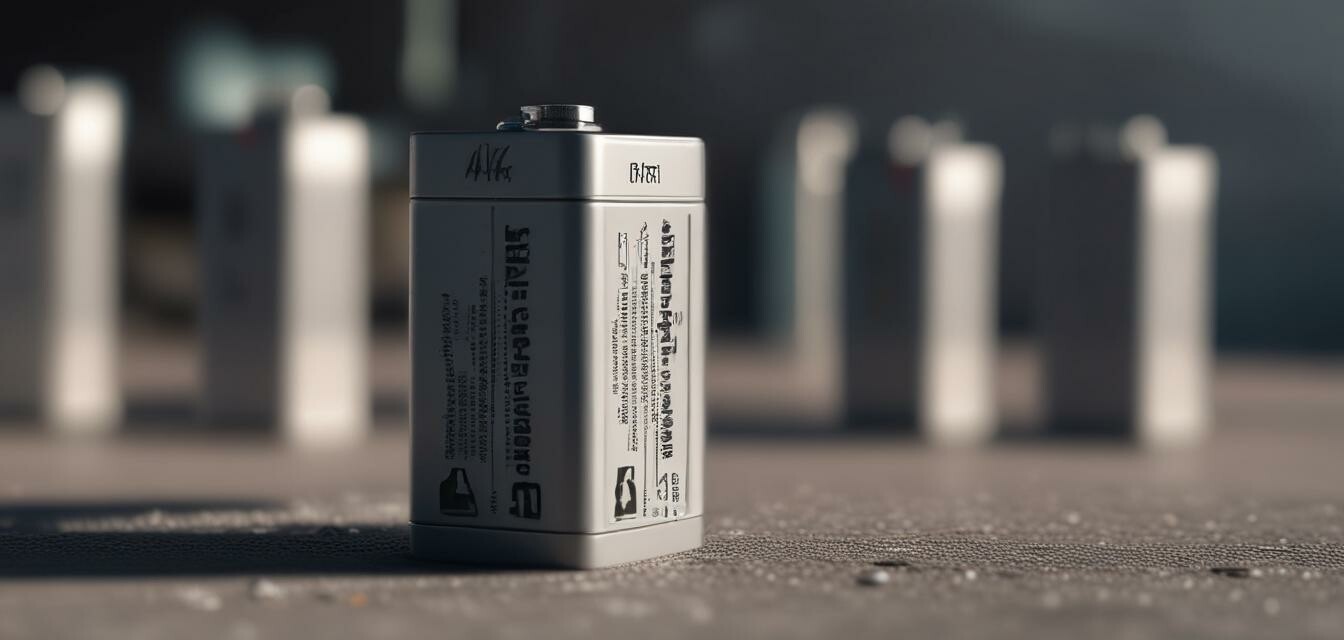
Comparing lithium-ion and lithium iron phosphate batteries
When evaluating the right battery for your portable power station, consider the following comparison between lithium-ion and LiFePO₄ batteries:
| Criteria | Lithium-ion | Lithium Iron Phosphate |
|---|---|---|
| Energy Density | Higher | Lower |
| Charge Cycle Life | 500 - 1,500 cycles | 2,000+ cycles |
| Safety | Moderate | High |
| Cost | More affordable | More expensive |
| Weight | Lighter | Heavier |
Applications of battery technologies
Understanding the applications of different battery technologies can help you choose the most suitable portable power station for your activities.
- Camping and outdoor gear: Ideal for charging devices during trips.
- Home backup power: Essential during outages for supporting household devices.
- Emergency power solutions: Reliable for immediate needs during crises.
- Professional and worksite use: Provides energy for tools and equipment on job sites.
- Travel and road trips: Convenient for on-the-go charging and powering devices.
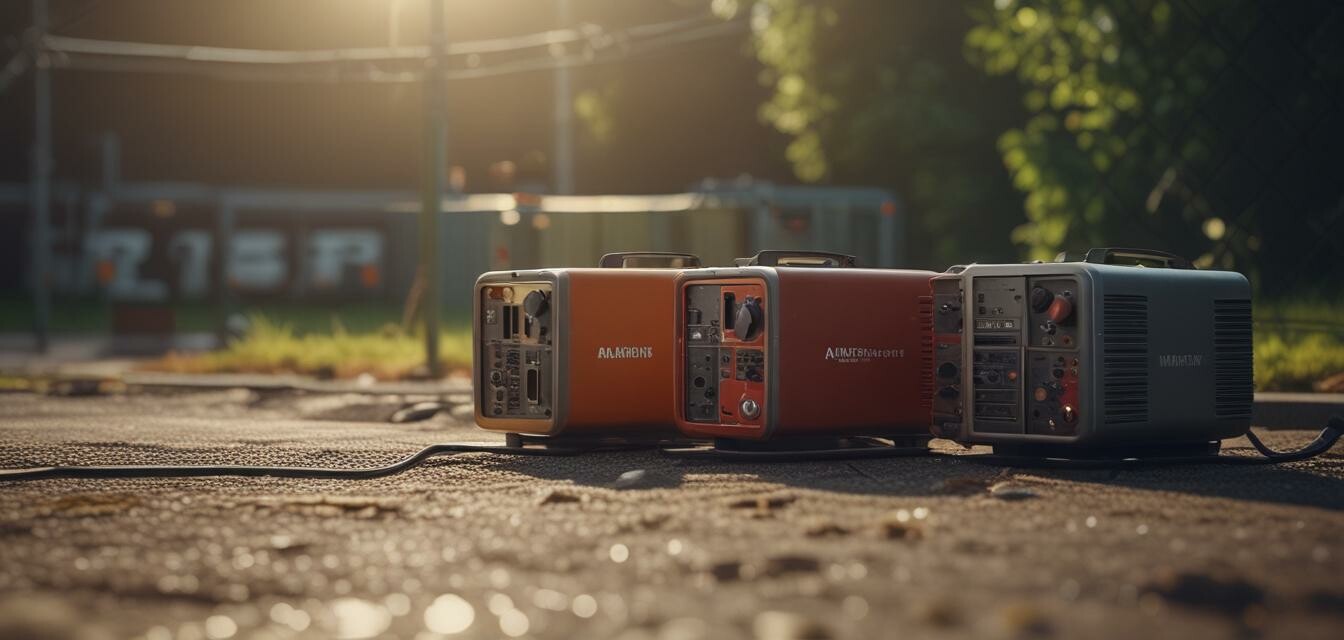
Conclusion
The choice of battery technology in portable power stations dictates many factors, from safety and lifespan to price and energy density. Understanding the differences between lithium-ion and lithium iron phosphate batteries allows consumers to make informed decisions based on their unique needs and applications. Whether you're interested in eco-friendly energy or reliable backup solutions, selecting the appropriate battery technology is key for optimal performance of your portable power station.
